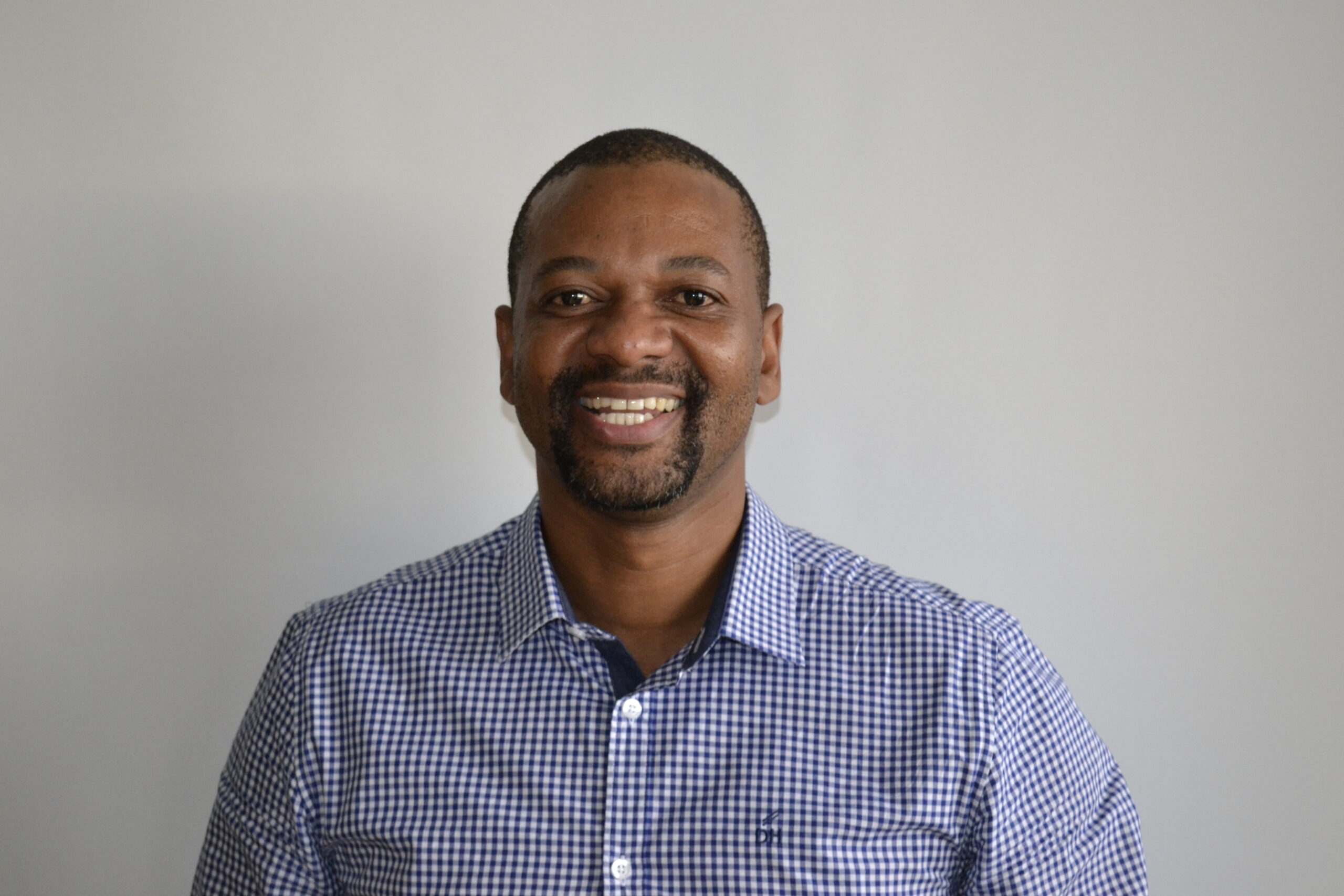About 80% of global GDP is generated by cities; in South Africa, the City of Johannesburg contributes the most at 16%. Our cities’ sustainability is the country’s path to economic recovery, but stimulating activity in them is difficult.
This is not least due to the slow roll-out of the Covid-19 vaccine programme. With only 5% of our population having been vaccinated — compared with 46,5% in the United States for instance or 85% of the population in the United Kingdom receiving at least one shot — we are stunting our economic revival, especially as we have reverted to harsher lockdown restrictions that are ricocheting through the country, stifling business in certain sectors, along with their extensive supply chains. The economic effect of the Covid-19 adjusted level four lockdown will be felt for months to come.
There was a blip of economic uptick in the first quarters of 2021, after the second wave in January, but this has been eroded. We need to get our population vaccinated quickly if we are to have a fighting chance in recovering from the 7% decline in economic activity brought on by this pandemic.
Notwithstanding procurement of the vaccines, we also need to consider distribution. While national efforts are up and running, it is not enough to get through the enormity of the task. We should be considering how we can work with people on the ground, who can help distribute shots on a faster, broader scale. This will go some way in boosting our immunity, resulting in reduced lockdown levels and getting people back to work.
One must also not think that work means only for those in big office blocks, small and medium businesses, cafes and coffee shops. Informal traders selling their wares on the streets of the cities and at stations and taxi ranks are also affected by the pandemic. And although there is a renewed call for some kind of temporary employer/employee relief scheme equivalent for the formally employed, these traders do not qualify.
Financially, our municipalities have been hard hit. With the eight major metros home to 40% of the population, also comprising the many thousands who live in informal settlements on the perimeter of cities, they have contracted by 8% since the start of the pandemic. Their finances are in a severe state. The annual increases have just kicked in – which will have an adverse effect on cities because consumers are under pressure financially — debt collection has been close to impossible, given that offices have been closed and no infield collections can occur. Technology could have come to debt collection’s aid. But 15 months later, this is still not in place.
Despite the harsh realities, it is essential that those at the local level put priority actions in place that will start to stimulate our recovery, while this crisis is still raging on. We cannot miss this boat. This is the time for city leaders, city movements and the government to put in place efforts that will see us come back stronger than we were prior to the pandemic. Covid-19 is a leveller and an opportunity to do things differently. We can’t let a good crisis go to waste, as they say, and must put systems and policies in place that will fast-track us to a better future.
Realising a green economy must be at the top of the list. Climate change is here and we are feeling the effects, especially those who live in informal settlements, some of which are in ecologically sensitive areas because it puts them closer to transport nodes or work. We have also lost our natural spaces to infrastructure, and have put paving, surfaces and glass in place that are diminishing the natural environment. Hard surfaces absorb heat and raise temperatures. Our buildings are carbon intensive and emit gasses that cause air pollution. A green infrastructure agenda can address this, but in developing worlds like ours, there are more pressing matters such as housing, water, sanitation and transportation; green is still seen as a luxury. The reality is that if climate change is not put on the table, along with all of our other priorities, its effects will be soon and severe. We need to move to a low-carbon economy for the sake of our lives, livelihoods and cities’ sustainability.
Covid-19 also gives us an opportunity to take a step back and realise that our cities need to transform and become smart. Smart cities, which have been highlighted by President Cyril Ramaphosa in his State of the Nation address for three years in a row, can aid many of our country’s social, economic and sustainability issues. But the primary challenge is turning ideals into reality. A smart city does not refer only to its technological advancements of digitisation. It refers to being better at delivering basic services to our people and making cities more inclusive: townships and rural spaces also make up the bare bones of a smart city and need to be included in its (re)design and integration.
That said, digitisation is critical. Too many of our people have been cut off from everyday life, unable to work or attend school because they cannot access the internet or, if they do, data does not come cheap. We need to think long-term and reimagine how our informal settlements can get onto the digital grid. This again places additional pressure on our municipalities who must service these areas. With reduced access to property rates, and other tariffs, because businesses are closing down, or moving away from the cities, this becomes an extraordinarily difficult balancing act.
These examples are just a taste of what is needed — and possible. But we need to start now, while the chips are down. Waiting until we emerge from this pandemic will only perpetuate our problems. emerge from this crisis better than when we came into it.




